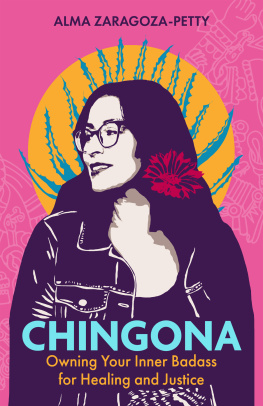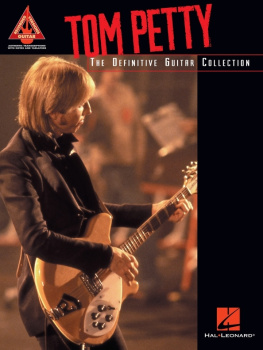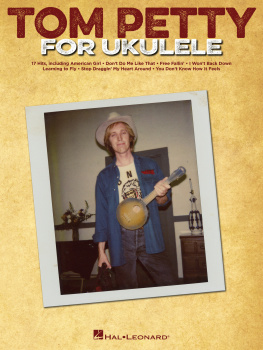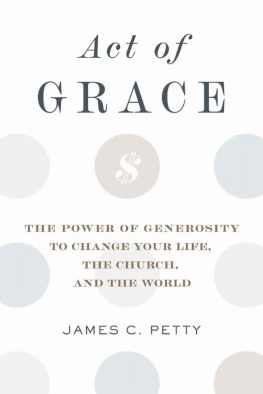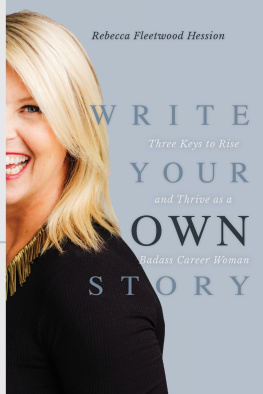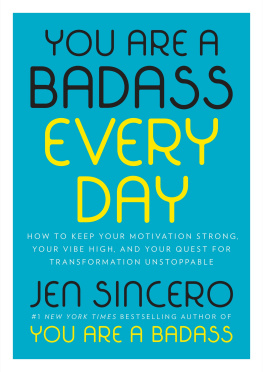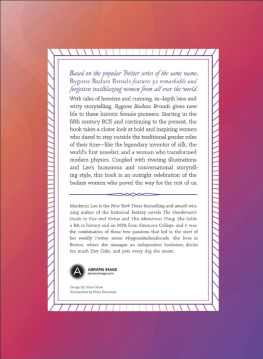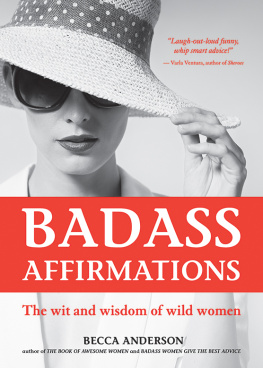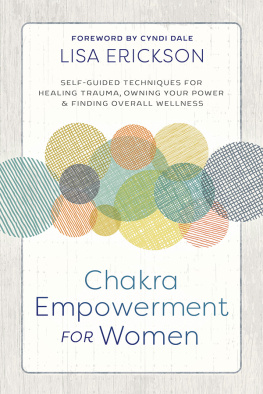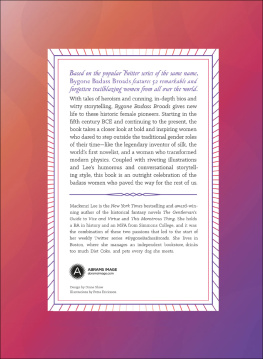Praise for Chingona
Whether you identify with the Latin heritage or not, chingona is a word that all free, autonomous, authentic, thinking, fiery women can identify with. Dr. Alma Zaragoza-Pettys recollection of her upbringing and how she has journeyed to reclaim the term is a sisterhood chat we all need to hear. The words in this book are the healing balm and permission we all need to reclaim the selves that we were told had to look or be a certain way in order to be seen, heard, or valued. Zaragoza-Petty reminds us that the chingona is worthy and deserves to be celebrated.
Arielle Estoria, spoken word poet, actor, and speaker
The more detached from our feelings and our bodys visceral responses, the stronger and more celebrated we seem to be perceived. A kind of perverse admiration. Chingona is deeply honest and vulnerable. Liberating. There is a sense that Alma Zaragoza-Pettys journey centers the self in ways that many of us have needed toyet not in a way that is self-absorbed nor destructively self-interested. She invites all of us to a self-centering that discovers and honors the stories of our histories; de nuestro antepasados; de Dios. What a badass testimonio!
Rich Prez, author, speaker, and filmmaker
Chingona is filled with lyrical storytelling and liberating truths. If you are looking for a book to challenge and empower you, this is the book to read. Grab a highlighter because youll need it!
Faitth Brooks, author, speaker, and educator
Dont look for warm fuzzy self-help in Alma Zaragoza-Pettys raw, honest, and powerful book. Personal development never looked so human and non-white male. Zaragoza-Petty offers a gift to monocultural readers: insight into the realities of twenty-first-century multicultural experience. For us multicultural readers, she holds up our liminality as sacred and a core part of justice-centering as she weaves between stories and language, pain and healing, unjust realities and hope.
Kathy Khang, activist and author of Raise Your Voice: Why We Stay Silent and How to Speak Up
In Chingona, la doctora offers a brave and rare testimonio of the Chicana/Latina experience. Incorporating the best of Chicanx Studies and critical race theory in education, she captures the struggle of so many of our sisters and primas and points us ultimately to Jess, the prototype curandero.
Robert Chao Romero, professor at University of California, Los Angeles, and author of Brown Church: Five Centuries of Latina/o Social Justice, Theology, and Identity
Chingona is the book I wish I had growing up as a migrant Mexicana in the United States. Zaragoza-Petty writes from her heart and her mind, with poetic phrasing and beautiful attention to honoring her experience. She applies the concept of mija spirituality in a powerful way that invites her readers to heal, grow, and lead. I read Chingona with my mind and body. Some of the stories resonate so much with mine and, I imagine, with the stories of many Latinas and others who have experienced trauma. I am thankful that she has chosen her camino and invites us to do the same.
Noemi Vega, speaker and coauthor of Hermanas: Deepening Our Identity and Growing Our Influence
If you are a Black or brown woman that the world has tried to conquer, this book is for you. As an Afro-Latina, I find my own story in each page. Im thankful that Alma Zaragoza-Petty was brave enough to show up as her whole self; it makes me feel visible. Bravo, Amiga!
Ligia Noemi Cushman, author, child welfare consultant, and international speaker
In Chingona, Dr. Alma Zaragoza-Petty brilliantly curates an enchanted world full of Indigenous wisdom and feminist charm. She offers us imagination for the future while showing us how to conquer every white supremacist narrative that so easily conquers all of us.
William Matthews, singer-songwriter, artist, advocate, and former host of The Liturgists podcast
CHINGONA
CHINGONA
Owning Your Inner Badass for Healing and Justice
ALMA ZARAGOZA-PETTY

CHINGONA
Owning Your Inner Badass for Healing and Justice
Copyright 2022 Alma Zaragoza-Petty. Published by Broadleaf Books, an imprint of 1517 Media. All rights reserved. Except for brief quotations in critical articles or reviews, no part of this book may be reproduced in any manner without prior written permission from the publisher. Email or write to Permissions, Broadleaf Books, PO Box 1209, Minneapolis, MN 55440-1209.
Published in association with The Bindery Agency, www.TheBinderyAgency.com.
Cover design: Mer Young
Print ISBN: 978-1-5064-8318-4
eBook ISBN: 978-1-5064-8319-1
CONTENTS
FOR BROWN WOMEN THE WORLD HAS TRIED TO CONQUER
In addition to the work of building the muscle of our imaginations, we must build the pathways by which we reach each other, make sure we can hear each other beyond the status quo.
ADRIENNE MAREE BROWN
A s a kid I spent hours in my local public library, reading fiction and nonfiction. My mother refused to check out books because of the fees I once incurred when I held on to a book for too long. So instead I went to the library, picked a comfortable seat, and escaped into books. The ideas those books offered helped me imagine different worlds and unseen possibilities. When I encountered new historical or scientific information or a concept I didnt understand, I turned to encyclopedias and dictionaries. (This was before the advent of the internet.) Some of the explanations left me confused and with more questions.
The women in my own family held stories and information and ways of knowing that were not at all like the narratives and concepts I was reading. Women like my grandmother and great-grandmother used their own knowledge and wisdom to cure anything from an empacho to a mal de amores. Learning from generations of Latina women and other women of color meant that, at home, I was hearing vastly different stories from the ones I encountered in books. Slowly over the years, I became aware of the legacy and heritage I had inheriteda legacy that those books, and the people who wrote them, denied me by their systematic erasure of the stories of my ancestors and foremothers. Those books helped me escape my own reality rather than enter more deeply into it.
Years later, as an adult, I would find books that helped me dive into the stories of women of color, including those in my own family. Only then would I find other Latina women, as well as Black and Indigenous women, who were reclaiming their lives through writing. Octavia Butler, Clarissa Pinkola Ests, Gloria Anzalda, bell hooks, Chrystos, Sandra Cisneros, Audre Lorde, Sara Ahmedthese and countless other feminists, revisionists, and visionaries inspired me. As brown women the rest of the world had been intent on conquering, they showed me another way of knowing.
telling our own stories and generating new questions and problems that are relevant for currently marginalized peoples.
I am motivated to share my story because it is an old story, a story about healing ourselves and each other. It is a story still absent from so many books, and it is also a story we must never tire of telling, from all angles and positionalities. We must remind each other that hope is always possible and change is always accessible. For me, hope is about believing in each other and imagining a better world together, a world in which social justice and love flourish.

